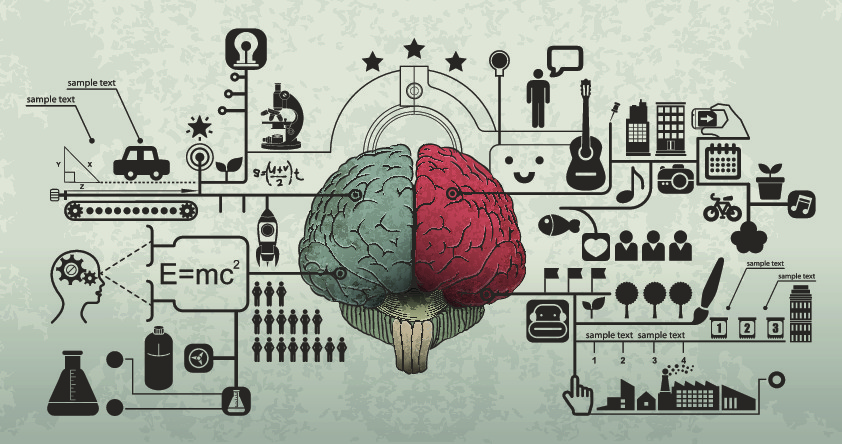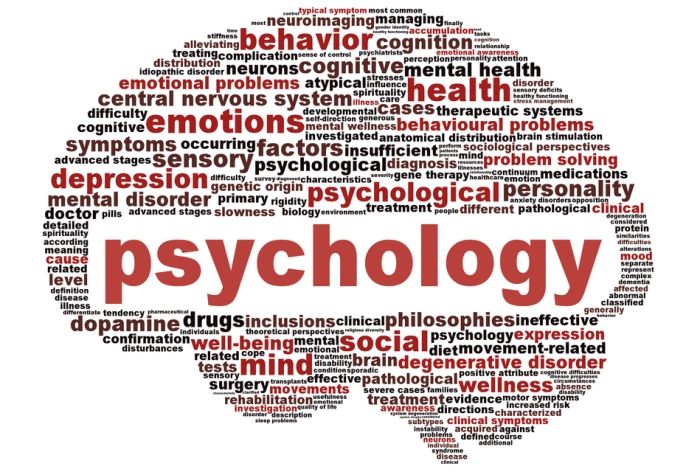Psychology: Unraveling the Complexities of the Human Mind
Introduction
Psychology, the scientific study of the human mind and behavior, delves into the intricate workings of the human psyche. From understanding our thoughts and emotions to exploring the complexities of human interactions, psychology sheds light on what makes us who we are. In this blog, we embark on a captivating journey through the realm of psychology, exploring its essence, key principles, and the profound impact it has on our understanding of ourselves and others.
The Essence of Psychology
At its core, psychology is the exploration of human cognition, emotions, motivations, and behavior. It seeks to understand how we perceive the world, process information, and interact with others. Psychology encompasses a wide range of disciplines, from cognitive and developmental psychology to clinical and social psychology.

Core Principles of Psychology
Psychology is guided by several core principles that form the foundation of its study:
Nature vs. Nurture: The debate between nature and nurture explores the influence of genetic factors and environmental experiences on human development and behavior.
Behaviorism: Behaviorism focuses on observable behavior, emphasizing the role of conditioning and learning in shaping human actions.
Cognitive Psychology: Cognitive psychology examines mental processes, such as memory, attention, and problem-solving, to understand how we perceive and process information.
Psychodynamic Theory: Psychodynamic theory delves into the unconscious mind and the influence of childhood experiences on adult behavior.
Groundbreaking Discoveries
Throughout history, psychology has witnessed transformative discoveries that have deepened our understanding of the human mind:
Pavlov's Classical Conditioning: Ivan Pavlov's experiments with dogs laid the groundwork for classical conditioning, demonstrating how behavior could be conditioned through associations.
Freud's Psychoanalysis: Sigmund Freud's psychoanalytic theory introduced the concept of the unconscious mind and its influence on human behavior.
Maslow's Hierarchy of Needs: Abraham Maslow's hierarchy of needs identified the hierarchical arrangement of human needs, from basic physiological needs to self-actualization.
Cognitive Revolution: The cognitive revolution in psychology shifted the focus from behaviorism to the study of mental processes and cognitive functions.
Applications of Psychology
Psychology has diverse applications, influencing various aspects of human life:
Clinical Psychology: Clinical psychology addresses mental health and emotional well-being, providing therapeutic interventions for individuals facing psychological challenges.
Education and Development: Educational psychology informs teaching methods and strategies, optimizing learning experiences for students of all ages.
Workplace and Industrial Psychology: Workplace psychology enhances employee well-being and productivity, promoting healthy work environments.
Social and Cross-Cultural Psychology: Social and cross-cultural psychology examine the impact of social influences and cultural differences on human behavior.
Challenges and the Future of Psychology
As we continue to explore the complexities of the human mind, psychology faces challenges:
Mental Health Stigma: Overcoming the stigma surrounding mental health is essential to promote understanding and acceptance.
Research Reproducibility: Ensuring the reproducibility of research findings is crucial to maintain the integrity of psychological studies.
Ethical Considerations: Addressing ethical dilemmas in psychological research and practice is essential for protecting the well-being of participants.
Conclusion
Psychology is the key to unlocking the mysteries of the human mind and behavior. From our cognitive processes to the dynamics of our relationships, psychology enriches our understanding of ourselves and the world around us. As we delve deeper into the complexities of the human psyche, let us embrace empathy, compassion, and understanding, fostering a society that values mental health and emotional well-being. By applying the knowledge and insights of psychology, we can build healthier, more resilient individuals and communities, fostering a world that celebrates the diversity and richness of the human experience. As we continue our journey through the realms of psychology, let us explore the vast landscape of the human mind, cultivating self-awareness, empathy, and a profound appreciation for the complexities that make us uniquely human.

Comments
Post a Comment